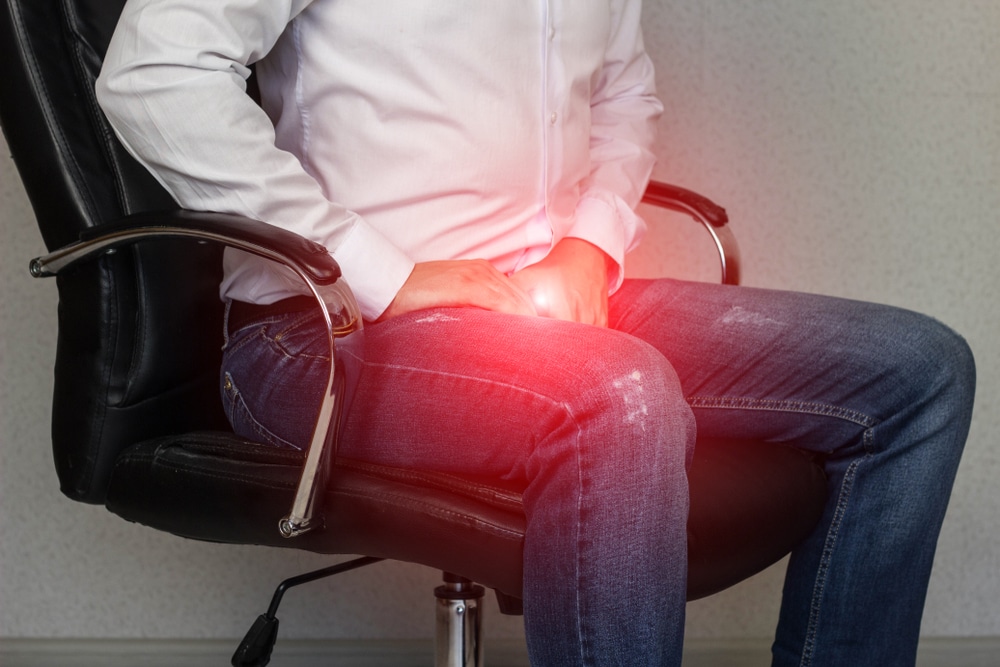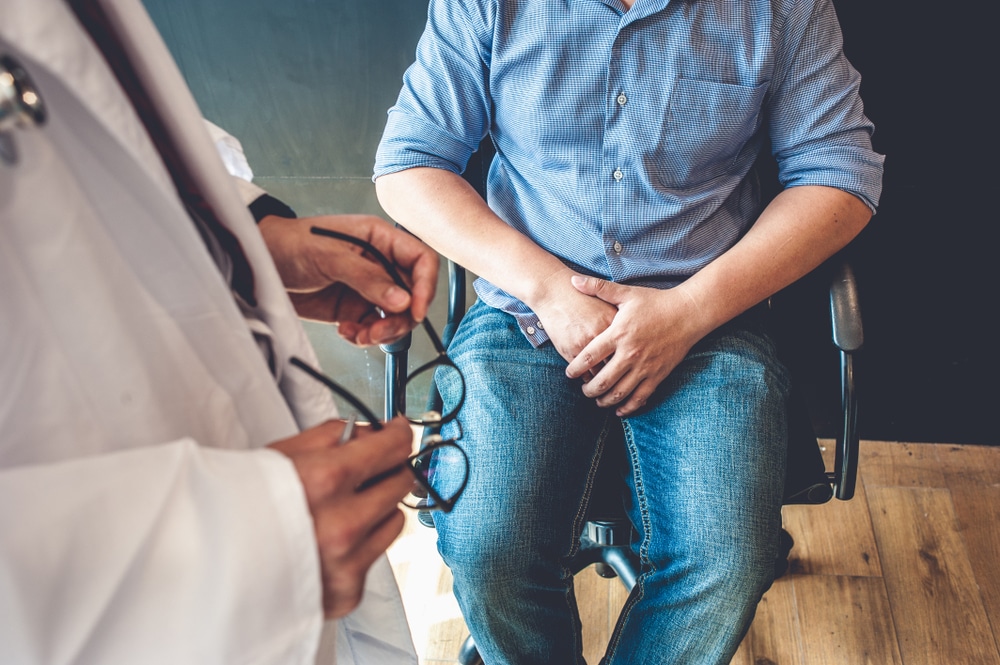Testicular cancer, a condition where malignant cells develop in one or both testicles, requires prompt diagnosis and expert care for the best outcomes. At Greater Hartford Urology Group, with over 40 years of service in Hartford County, we prioritize early detection and personalized treatment. Our board-certified urologists—Dr. Peter Bosco, Dr. G. Thomas Trono, and Dr. Shanta Shepherd—bring extensive experience and compassion to each patient.
Affiliated with St. Francis Hospital in Hartford and UConn Medical Center in Farmington, we provide comprehensive care to those in Hartford, Enfield, Glastonbury, and beyond. Patients trust us for the highest standard of care, making us the preferred choice for testicular cancer treatment and prevention.
What is Testicular Cancer?
Testicular cancer mainly affects young and middle-aged men, though it can occur at any age. It comes in two primary forms: seminomas and non-seminomas. Seminomas are generally slow-growing and tend to remain localized in the testicles for extended periods.

They are generally more responsive to radiation therapy and have a high cure rate. Non-seminomas, on the other hand, tend to grow and spread more quickly, often requiring a combination of surgery, chemotherapy, and sometimes radiation therapy for effective treatment.
Risk Factors of Testicular Cancer
While the cause of testicular cancer is uncertain, several known risk factors may include:
- Family history of the disease
- A previously undescended testicle
- Prior testicular cancer
- Abnormal testicle development
- AIDS
- History of smoking
For reasons not fully understood, testicular cancer is more common in Caucasian males than in males of other racial groups.
Symptoms and Early Detection

Recognizing the symptoms of testicular cancer is essential for early intervention. Symptoms may include:
- A lump or swelling in either testicle.
- A feeling of heaviness in the scrotum.
- Dull aching in the abdomen or groin.
- Sudden accumulation of fluid in the scrotum, also known as a hydrocele.
- Discomfort or pain in the testicle or scrotum.
Performing regular self-exams can help identify any abnormalities early. If you notice any of these symptoms, it's essential to seek medical advice promptly. Early detection of testicular cancer can lead to more effective treatment and better outcomes.
Diagnosis of Testicular Cancer
Diagnosing testicular cancer typically begins with a physical examination by a healthcare provider. If abnormalities are found, the following steps may include:
- Ultrasound: This imaging test helps determine the nature of the lump, whether it's solid or filled with fluid.
- Blood Tests: These tests check for tumor markers that may indicate the presence of cancer.
- Biopsy: In some cases, a small tissue sample is taken and analyzed under a microscope to confirm the diagnosis.
Treatment Options for Testicular Cancer
The approach to treating testicular cancer varies based on the cancer type and its stage. Common treatment methods include:
- Surgery: The primary treatment is often the surgical removal of the affected testicle, known as an orchiectomy. This procedure can be curative, especially when the cancer is caught in its early stages.
- Chemotherapy: This treatment involves using drugs to destroy cancer cells and is typically recommended when the cancer has spread beyond the testicle.
- Radiation Therapy: High-energy radiation is employed to target and eliminate cancer cells. This method is more frequently used for treating seminomas.
Each treatment plan is personalized to the patient's situation to ensure the best possible outcome.
Frequently Asked Questions
Can testicular cancer affect fertility?
Yes, treatment for testicular cancer can affect fertility. Surgical removal of a testicle, radiation therapy, and chemotherapy can impact sperm production and overall fertility. However, many men retain normal fertility and father children after treatment.
How often should self-examinations be done?
Men should perform monthly self-examinations to check for any lumps, changes, or abnormalities in the testicles. The best time to perform a self-exam is after a warm bath or shower when the scrotal skin is relaxed.
What should I do if I find a lump in my testicle?
If you find a lump or notice any changes in your testicles, seeing a healthcare provider as soon as possible is important for further evaluation. Early diagnosis and treatment are crucial for the best possible outcome.
Choose The Greater Hartford Urology Group For Your Care
If you have concerns about testicular cancer, we're here to help. The Greater Hartford Urology Group offers expert, compassionate care in Hartford, Enfield, and Glastonbury, CT. Our dedicated team provides personalized treatment plans just for you.
Testicular cancer is treatable, especially when it's caught early. Don't wait—call us at 860-522-2251 to schedule a consultation. Let's take the first step towards better health together.


